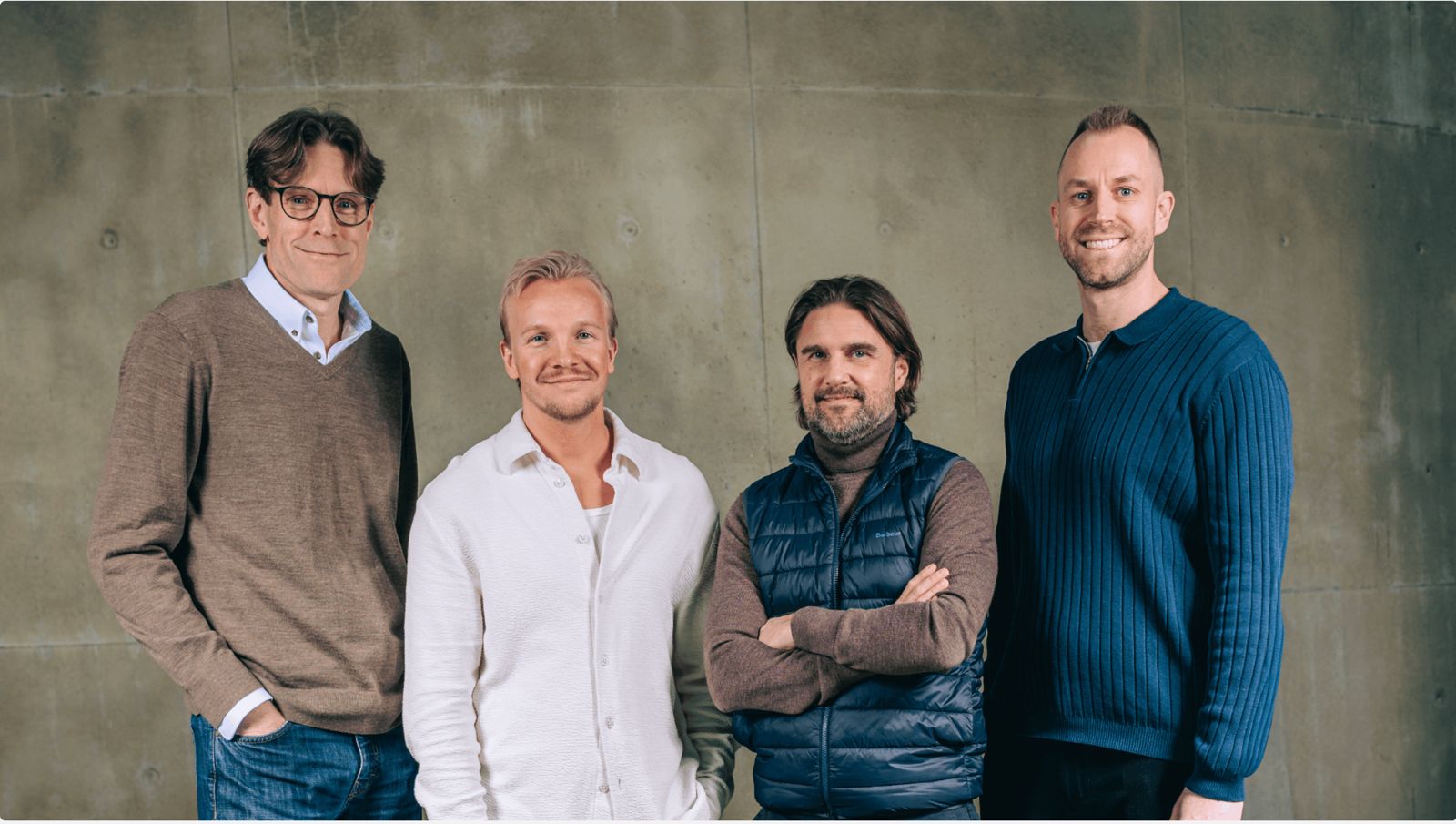In a bold stride for precision oncology and the Scottish biotech sector, Trogenix, a cutting-edge gene therapy company based in Edinburgh, has closed an €80 million Series A financing round to accelerate clinical development of its pioneering cancer treatments. The funding marks one of the largest early-stage biotech raises in Europe this year, placing the firm at the forefront of curative therapies for aggressive solid tumours.
The round was led by deep-tech venture firm IQ Capital, with participation from founding investor 4BIO Capital, returning backers Cancer Research Horizons and the Brain Tumor Investment Fund, and new investors including Eli Lilly and Company, Meltwind, LongeVC, and Calculus Capital, alongside undisclosed private investors.
“This significant investment accelerates our lead programme in glioblastoma and follow-on in colorectal cancer liver metastases, while advancing our broader pipeline in liver and lung cancers,” said Ken Macnamara, CEO of Trogenix. “We’re honoured to have the support of investors who believe in our mission to deliver breakthrough, curative treatments for patients facing devastating diagnoses.”
Founded in 2023, Trogenix emerged from breakthrough research led by Co-founder Professor Steve Pollard at the University of Edinburgh. The company leverages synthetic biology innovations developed in partnership with the UK Centre for Mammalian Synthetic Biology and the Institute for Regeneration and Repair, with additional backing from the Cancer Research UK Scotland Centre.
The company’s platform, Odysseus, utilises adeno-associated virus (AAV) vectors to deliver proprietary Synthetic Super-Enhancers (SSEs) that trigger powerful immune responses in tumours—without harming healthy tissue. The result is a “Trojan Horse” effect that not only targets existing cancer cells but prevents recurrence, offering potential “one-and-done” cures for diseases long considered incurable.
“Trogenix’s platform technology is a powerful example of the kind of innovation we seek to accelerate,” said Iain Foulkes, CEO of Cancer Research Horizons. “This partnership—our largest investment to date—represents a transformational opportunity in a space of great unmet need.”
“Trogenix stands out for its world-class science, exceptional leadership, and commercial clarity,” added Max Bautin, Managing Partner at IQ Capital. “We’re thrilled to support their journey.”
The company’s flagship programme is targeting glioblastoma (GBM), a highly aggressive brain tumour with a median survival of just 12 months post-diagnosis. Clinical trials for this lead candidate are slated to begin in Q1 2026. A follow-on programme will target colorectal cancer liver metastases (CRCLM), a complication that affects a quarter of all colorectal cancer patients globally.
Alongside these, Trogenix is actively developing candidates for hepatocellular carcinoma (primary liver cancer) and non-small cell lung carcinoma, two cancers known for poor prognosis and limited treatment options.
“Trogenix is a direct outcome of long-term translational research. It’s gratifying to see it mature into a company that could redefine the future of oncology,” said Dima Kuzmin, Co-founder and Managing Partner at 4BIO Capital, who also serves as Chairman of Trogenix.
Editorial Perspective: A Breakout Moment for UK Biotech—and a Glimpse into the Future of Oncology
What sets Trogenix apart isn’t just the scale of its recent funding, but its bold ambition to shift the cancer treatment narrative from chronic management to full eradication. In an industry traditionally bound by incremental progress, the company’s proposition—a one-time treatment that reprograms the immune system to eliminate tumours—represents a paradigm shift.
The potential of Trogenix’s synthetic biology platform extends far beyond glioblastoma or liver metastases. Its core technology, which uses genetic control elements to create tumour-specific immune triggers, could be adapted across a range of difficult-to-treat cancers. In a field where immunotherapy and gene editing have often been siloed, Trogenix offers a unified, clinically scalable approach.
Moreover, the company’s emergence reflects a broader trend of translational biotech innovation rooted in academic excellence—Scotland, with its deep biomedical research base and strong public-private partnerships, is fast becoming a serious contender in Europe’s life sciences race.
The support from heavyweight investors like Eli Lilly and the public commitment from Cancer Research Horizons underscore the broader industry confidence in Trogenix’s mission and platform. If successful, the ripple effect won’t just impact cancer patients—it will influence investment flows, regulatory thinking, and biotech strategy across Europe and beyond.
This is not merely a funding milestone; it’s a scientific bet on a radically different approach to oncology—and one that might finally tilt the odds in favour of patients.
If you need further assistance or have any corrections, please reach out to editor@thetimesmag.com











